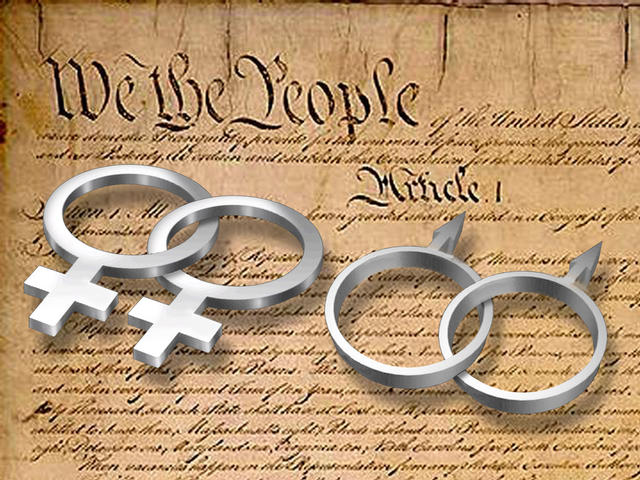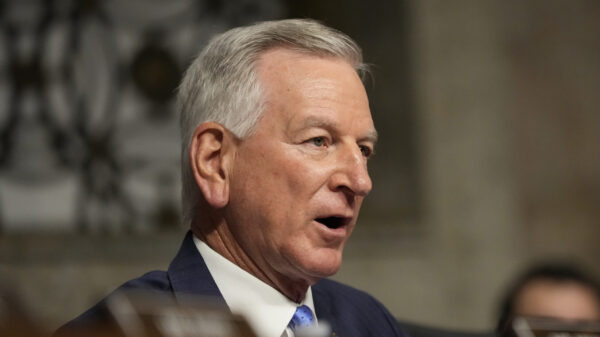By Bill Britt
Alabama Political Reporter
MONTGOMERY—Today the US Supreme Court denied the State’s request to stay Federal Judge Ginny Granade’s, ruling striking down the State’s ban on same-sex marriage. Attorney General Luther Strange had asked the Court to delay the implementation of that ruling until after the Court rules on the pending challenges to similar bans in four other states.
“I regret the Supreme Court’s decision not to stay the federal district court’s ruling until the high court finally settles the issue this summer,” said Attorney General Strange.
“With the lifting of the 14-day stay on February 9, 2015, the US District Court order remains in effect, enjoining me from enforcing Alabama’s laws against same-sex marriage in my official capacity as Attorney General.”
Justice Clarence Thomas, joined by Justice Antonin Scalia, dissented from the high court’s action. In his three-page opinion Thomas argued that, “[w]hen courts declare state laws unconstitutional and enjoin state officials from enforcing them,” the Court’s “ordinary practice is to suspend those injunctions from taking effect pending appellate review.” Thomas also notes that the Court had “granted a stay in similar circumstances a little over a year ago,” Thomas implied that Alabama’s request “should have been treated no differently.” Perhaps most scathing, Thomas wrote, the Court’s order “represents yet another example of this Court’s increasingly cavalier attitude toward the States.”
“In the absence of a stay, there will likely be more confusion in the coming months leading up to the Supreme Court’s anticipated ruling on the legality of same-sex marriage,’ said Strange.
In his press statement, Strange sought to clarify his authority in the issuance of marriage licenses, performance of marriage ceremonies, or issuance of adoption certificates.
“To clarify my authority in this matter, the Alabama Attorney General’s Office does not issue marriage licenses, perform marriage ceremonies, or issue adoption certificates. The Chief Justice has explained in a public memorandum that probate judges do not report to me. I advise probate judges to talk to their attorneys and associations about how to respond to the ruling. Furthermore, I encourage any state agencies with questions about the ruling in Searcy and Strawser to contact the Governor’s Office.”




















































